Introduction
Papillon are known for their friendly and affectionate nature.
- They often form strong bonds with family members, including children
- Their playful and energetic personality makes them great companions for kids
- Proper socialization ensures they interact well with children
- Understanding their temperament helps create a safe and happy environment
- Knowing their behavior with kids can guide you in making an informed decision
1. Papillon Temperament
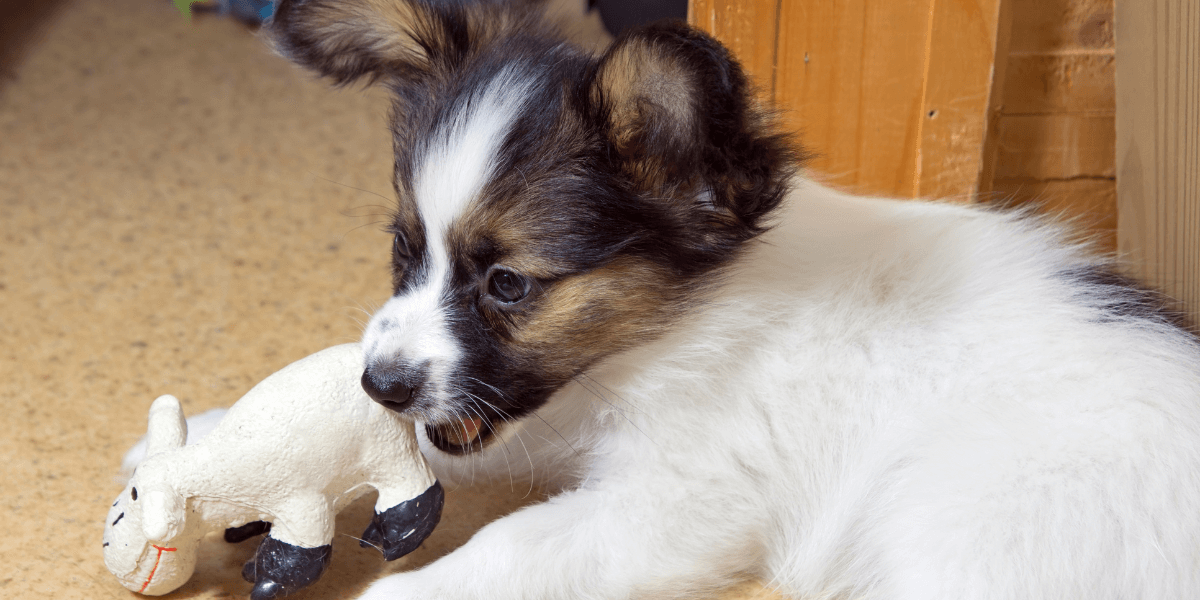
They are known for their friendly and lively temperament with families.
- Affectionate Nature: They love being around people and form close bonds
- Playful Personality: Their playful nature makes them fun companions for kids
- Intelligent Breed: They are smart and can learn to interact gently
- Alert and Watchful: They are alert, which can help keep an eye on kids
- Gentle Demeanor: Generally gentle, making them good around young children
- Adaptable Dogs: They adapt well to different family environments
- Sociable Behavior: Thrive in social settings, enjoying family activities
- Protective Instincts: Can be protective, providing a sense of security
2. Size and Suitability for Kids

Their small size makes them suitable for families with older, gentle kids
- Small Breed: They are small, requiring careful handling by young kids
- Fragile Frame: Their small size means they can be injured if handled roughly
- Ideal for Older Kids: Best suited for families with older, calmer children
- Supervised Play: Supervised interactions are essential to ensure safety
- Gentle Handling: Teach kids to handle them gently to prevent injury
- Space Requirements: Do well in both apartments and houses
- Indoor Pets: Prefer being indoors, close to family members
- Lap Dogs: Enjoy sitting on laps, which can calm and comfort kids
3. Training and Socialization
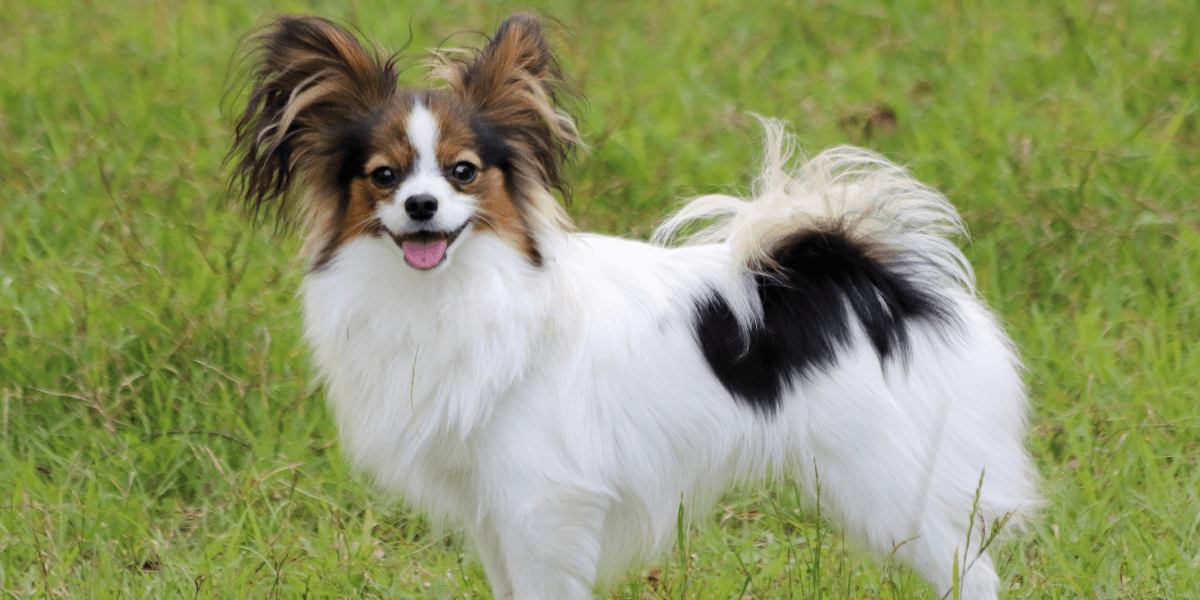
Proper training and socialization help them become great with kids.
- Early Socialization: Expose them to kids early to build comfort and confidence
- Positive Reinforcement: Use treats and praise to reinforce gentle behavior
- Obedience Training: Basic training helps manage their behavior around kids
- Exposure to Noise: Get them used to household noises and child behavior
- Routine Interaction: Regular interaction with kids fosters familiarity
- Teach Commands: Teach commands like “sit” and “stay” to manage their behavior
- Patience Training: Train them to be patient around children
- Consistency Matters: Consistent training leads to positive interactions
4. Energy Levels and Playfulness
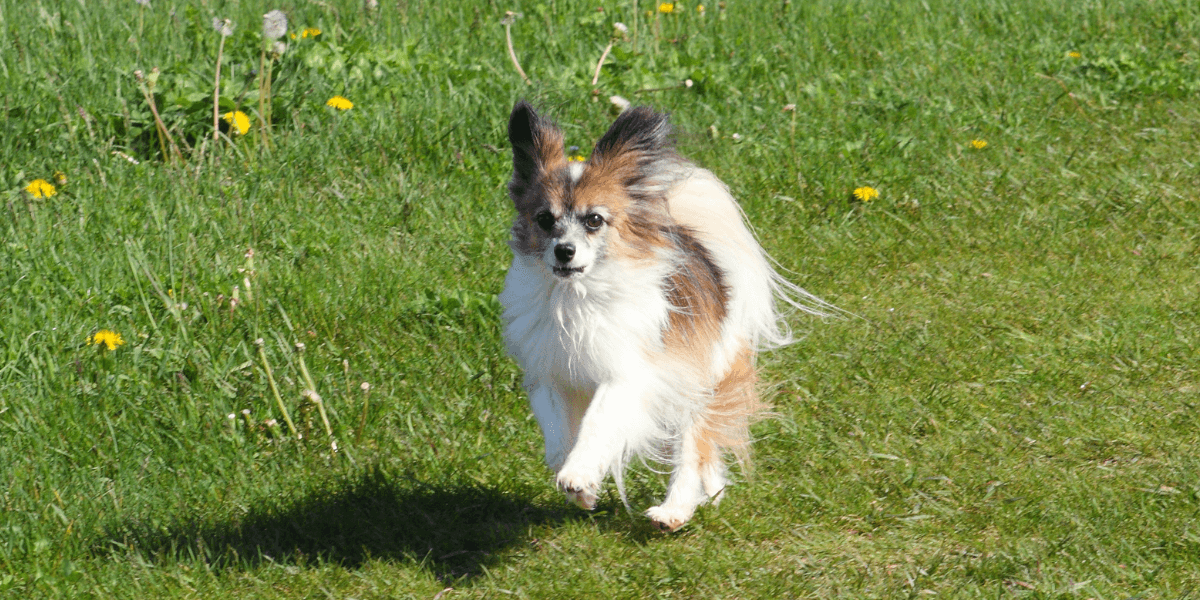
They have high energy levels that match well with active children.
- High Energy: They enjoy activities like fetch and running around with kids
- Play Enthusiasts: Love to play, making them great playmates for children
- Exercise Needs: Need daily exercise, which can be fun with active kids
- Agility Games: Engage in agility games that kids can participate in
- Interactive Toys: Use toys that encourage interactive play with kids
- Short Bursts of Energy: Ideal for short, energetic play sessions
- Outdoor Playtime: Enjoy outdoor activities like park visits and short walks
- Mentally Stimulating Games: Play games that stimulate their minds and bodies
Keep your active Papillon playful and comfortable with insights from The Best Orthopedic Beds for Great Danes.
5. Teaching Kids to Interact Safely
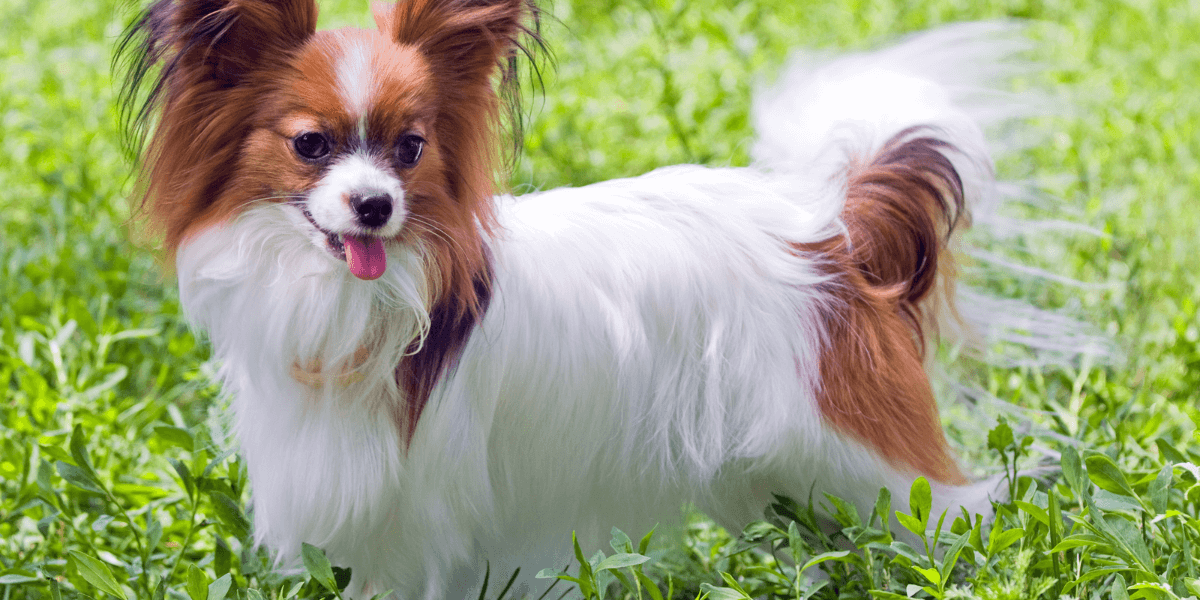
Teach kids how to safely interact with dogs to prevent accidents.
- Gentle Touch: Show kids how to gently pet and handle Papillons
- Avoid Rough Play: Explain why rough play can harm small dogs like Papillons
- Respect Their Space: Teach children to respect the dog's space and needs
- No Tail Pulling: Make sure kids know not to pull ears or tails
- Supervise Interactions: Always supervise interactions between kids and dogs
- Recognize Signs: Teach kids to recognize signs of stress in dogs
- Reward Calm Behavior: Encourage calm behavior from both kids and Papillons
- Safe Zones: Create safe zones where the dog can retreat if needed
6. Health and Safety Considerations

Ensuring both Papillons and kids remain healthy and safe is essential.
- Regular Vet Visits: Keep up with regular vet visits for a healthy dog
- Vaccinations: Ensure all vaccinations are up to date to protect from diseases
- Parasite Prevention: Use flea and tick preventatives to keep them safe
- Healthy Diet: Provide a balanced diet to keep them energetic and healthy
- Exercise Needs: Meet their exercise needs to prevent excess energy buildup
- Teach Hygiene: Encourage kids to wash hands after playing with the dog
- Recognize Allergies: Be aware of any allergies kids may have to dog fur
- Safety Measures: Use child gates to create safe play areas for both
Ensure your Papillon's safety with tips inspired by Great Danes Health Issues: What Every Owner Needs to Know.
7. Benefits of Having a Papillon for Kids
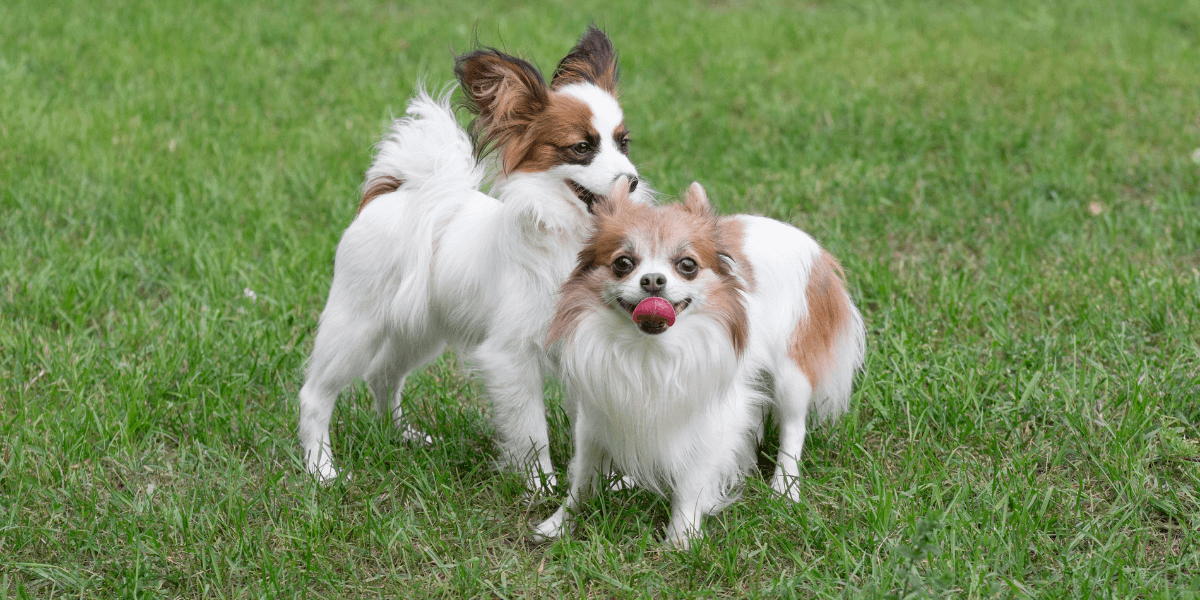
They offer several benefits for families with children.
- Companionship: Provide companionship and emotional support to kids
- Teach Responsibility: Help kids learn responsibility by caring for a pet
- Encourage Activity: Motivate kids to stay active with regular play
- Boost Confidence: Enhance children's confidence through bonding and training
- Social Skills: Teach empathy and improve social skills through interaction
- Reduce Stress: Help lower stress levels with their affectionate nature
- Promote Routine: Encourage routines like feeding and walking schedules
- Build Memories: Create lasting family memories through shared activities
Discover why a Papillon is a great companion for kids by reading Are German Shepherd Dogs Good Family Pets?
FAQs
1. Are they good with young children?
- Yes, but supervision is needed to ensure gentle handling
2. Do they require a lot of exercise with kids?
- They need moderate exercise, perfect for active kids
3. Can Papillons be left alone with kids?
- No, always supervise to ensure safety of both
4. Are they suitable for all family types?
- Yes, but they are best for families who understand their needs
5. Does it help teach responsibility to kids?
- Yes, caring for a Papillon helps kids learn responsibility
6. How do I train a Papillon to be around kids?
- Use positive reinforcement and consistent training
7. Are they good for apartment living with kids?
- Yes, their small size makes them suitable for apartments
Conclusion
- Papillons can be a great addition to families with kids if properly socialized
- They are affectionate, intelligent, and enjoy active play with children
- Supervision is key to ensuring safe interactions between Papillons and young kids
- Teaching kids how to handle them gently prevents accidents and builds trust
- Regular training and socialization help Papillons adjust well to family life
- Consider adding a Papillon to your family for a loving, playful companion




